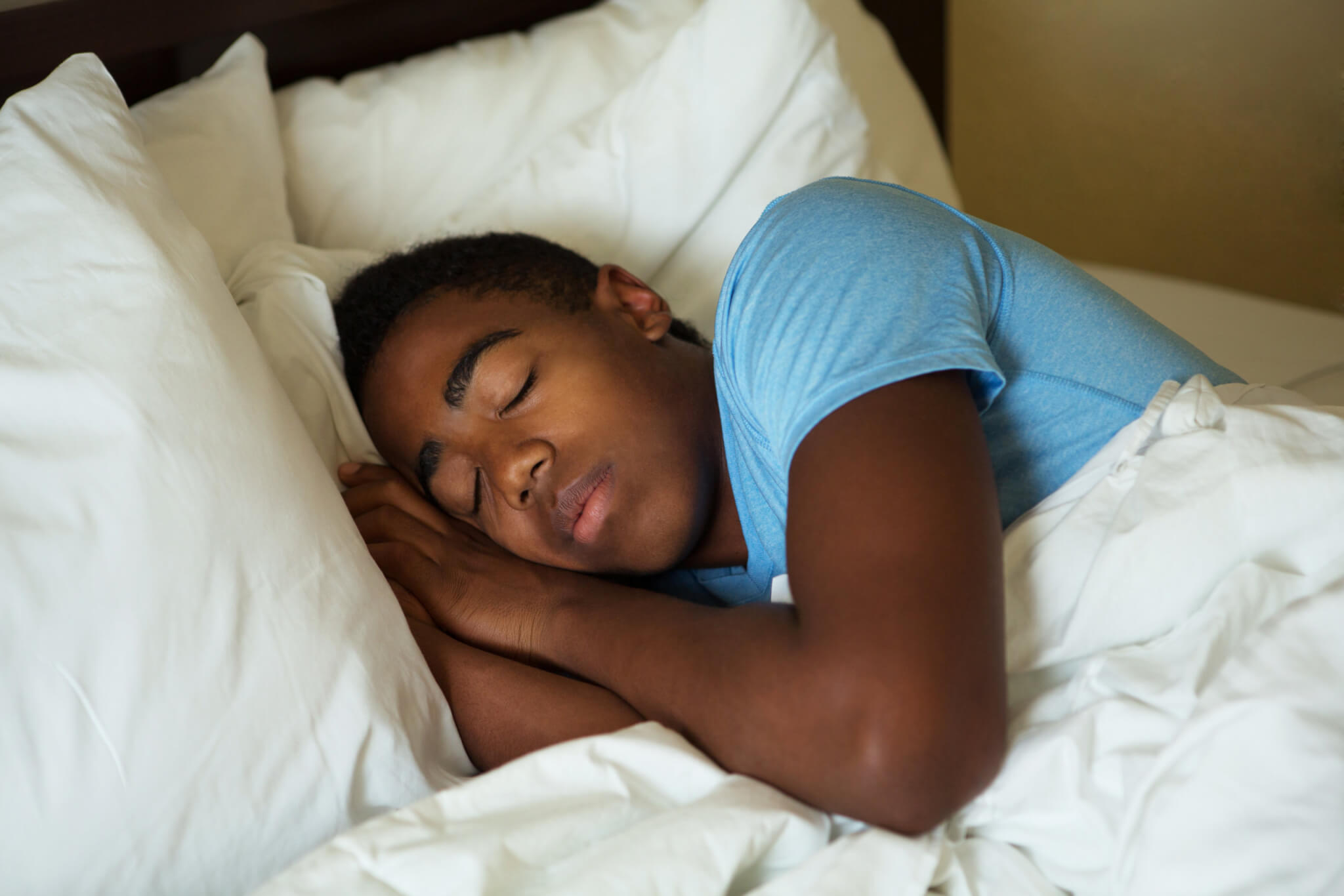ÖREBRO, Sweden — As teens navigate the complex social world of adolescence, the desire to be liked, admired, and popular among their peers can feel all-consuming. But could this quest for social status be coming at the cost of a good night’s sleep? A new study published in Frontiers in Sleep suggests that for some teens, especially girls, the answer might be yes.
The study, led by researchers at Örebro University in Sweden and Flinders University in Australia, delved into the intricate social networks of over 1,300 Swedish high school students. Using a novel approach called social network analysis, they mapped out the web of friendships within each school, identifying the “popular” students (those who received the most friend nominations from their peers), the “social brokers” (those who bridged different friend groups), and the “isolates” (those with few or no friend connections).
What they found was striking: the more popular a student was, the less sleep they got on school nights. For the most popular teens, this amounted to about half an hour less shut-eye each night compared to their less popular counterparts. While 30 minutes might not seem like much, over the course of a school week, that adds up to 2.5 hours of lost sleep – the equivalent of an entire night for some teens.
“Teenagers are arguably the most sleep deprived population throughout the lifespan,” says Dr. Serena Bauducco, first author of the study, in a statement. “Previous studies show that 30 minutes of extra sleep can lead to improved mental health and better school performance.”
So, why would popularity be linked to less sleep? The researchers suggest a few possible explanations. For one, popular teens might simply be busier. They’re more likely to be invited to social events, to participate in extracurricular activities, and to have a larger group of friends to keep up with – all of which can eat into their sleep time. There’s also the ever-present lure of social media, which can keep teens up late at night as they scroll through feeds, respond to messages, and maintain their online persona.

Interestingly, the study found that the sleep-popularity link was particularly pronounced for girls. Popular girls not only slept less, but they also reported more symptoms of insomnia, like difficulty falling asleep or waking up frequently during the night. This gender difference is intriguing and warrants further investigation. It could be related to the different social pressures and expectations placed on girls versus boys or to differences in how girls and boys tend to navigate and manage their friendships.
It’s important to note that the study didn’t find any sleep disadvantages for “social brokers” (those connecting different friend groups) or “isolates” (those with few friends). This suggests that it’s not necessarily the size of one’s social network that matters for sleep but rather one’s status within that network.
So, what can we make of these findings? First and foremost, they highlight the often-overlooked role that social factors can play in teens’ sleep. We tend to focus a lot on things like school start times, homework load, and screen time (and rightly so), but this study suggests that the social world of adolescence deserves attention, too.
For parents, this might mean being more attuned to their teen’s social life and how it could be impacting their sleep. It’s not about discouraging friendships or popularity but rather about helping teens strike a healthy balance. This could involve setting reasonable limits around bedtimes and phone use at night, encouraging a wind-down routine before bed, and making sure teens have enough downtime in their schedule to relax and recharge.


For schools and educators, the findings underscore the importance of sleep education and promoting healthy sleep habits among students. This could be integrated into health curricula but also reinforced through policies and practices that prioritize sleep (like later school start times for older students).
For researchers, the study opens up a fascinating avenue for further exploration. Future studies could delve deeper into the mechanisms linking popularity and sleep, examine how these dynamics play out in different cultural contexts, and explore potential interventions to help popular teens get the sleep they need.
Ultimately, the study is a reminder that sleep doesn’t happen in a vacuum. It’s deeply intertwined with all aspects of teens’ lives – including their social world. By understanding these connections, we can better support teens in navigating the challenges of adolescence while also getting the rest they need to thrive.
So, to all the popular teens out there, your social life may be thriving, but make sure your sleep life isn’t suffering as a result. And to the adults in their lives: let’s keep the conversation about sleep going and make sure it includes the social side of the story. Because when it comes to adolescent health and well-being, every piece of the puzzle matters – even the popularity piece.

